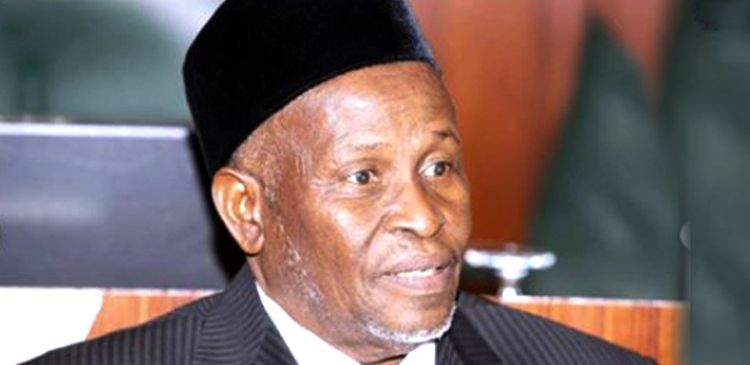The Chief Justice of Nigeria, CJN, Justice Tanko Muhammad, has admitted that the Supreme Court like any other establishment in the country, has been hit by a devastating economic crunch.
In his official reaction made public on Tuesday, the CJN reacted to the allegations of uncaring attitude, levelled against him by other justices in the Supreme Court.
Just like every other sector has challenges that confront it, the judiciary is not left out.
Having fully appreciated the magnitude of the role that the judiciary plays in our nation, there is no doubt that the Nigerian judiciary is plagued by a myriad of problems, ranging from institutional to personnel problems, poor facilities, to inadequate financial provisions problems, all these have been subject of numerous meetings, debates, court actions and even industrial strike actions.
All these promoted the justices of the supreme court in a memo entitled, “State Of Affairs In The Supreme Court And Demands By the Justices Of The Supreme Court,” to the Chief Justice of Nigeria, Justice Tanko Mohammad, to rise to the occasion.
Some of the issues raised are the Judge’s appointment, accommodation of the justices, as some still live in rented apartments, an unsuitable working environment, epileptic power supply in the cause of duty and many more.
The justices lamented that if necessary steps are not taken, there will be a delay in justice delivery.
Read Also : CJN pledges justice delivery to Nigerians
In reaction to the memo, the CJN in a press statement, issued by his Special Assistant on Media and Strategy, confirmed that the leadership of the court under him could no longer meet some of its obligations to justices, especially in the area of welfare.
He said that the Federal Government releases the budget based on the budget components, and it is an offence to spend the money meant for one item for another.
Justice Mohammad further explained that before eight new justices were appointed in 2020 to the apex court bench, there was no additional budget to provide new chambers with an equipped library, legal assistance, residential accommodation and logistics for them.
In terms of accommodation for the few that are yet to get, necessary steps are being taken.
As for workshops, the court cannot take all justices at once, otherwise, the job would suffer, hence they would be going in batches.
On the allegation of rationing electricity during work, the CJN lamented an increase in tariff and diesel rate.
(Editor: Ifeanyi Mark)








